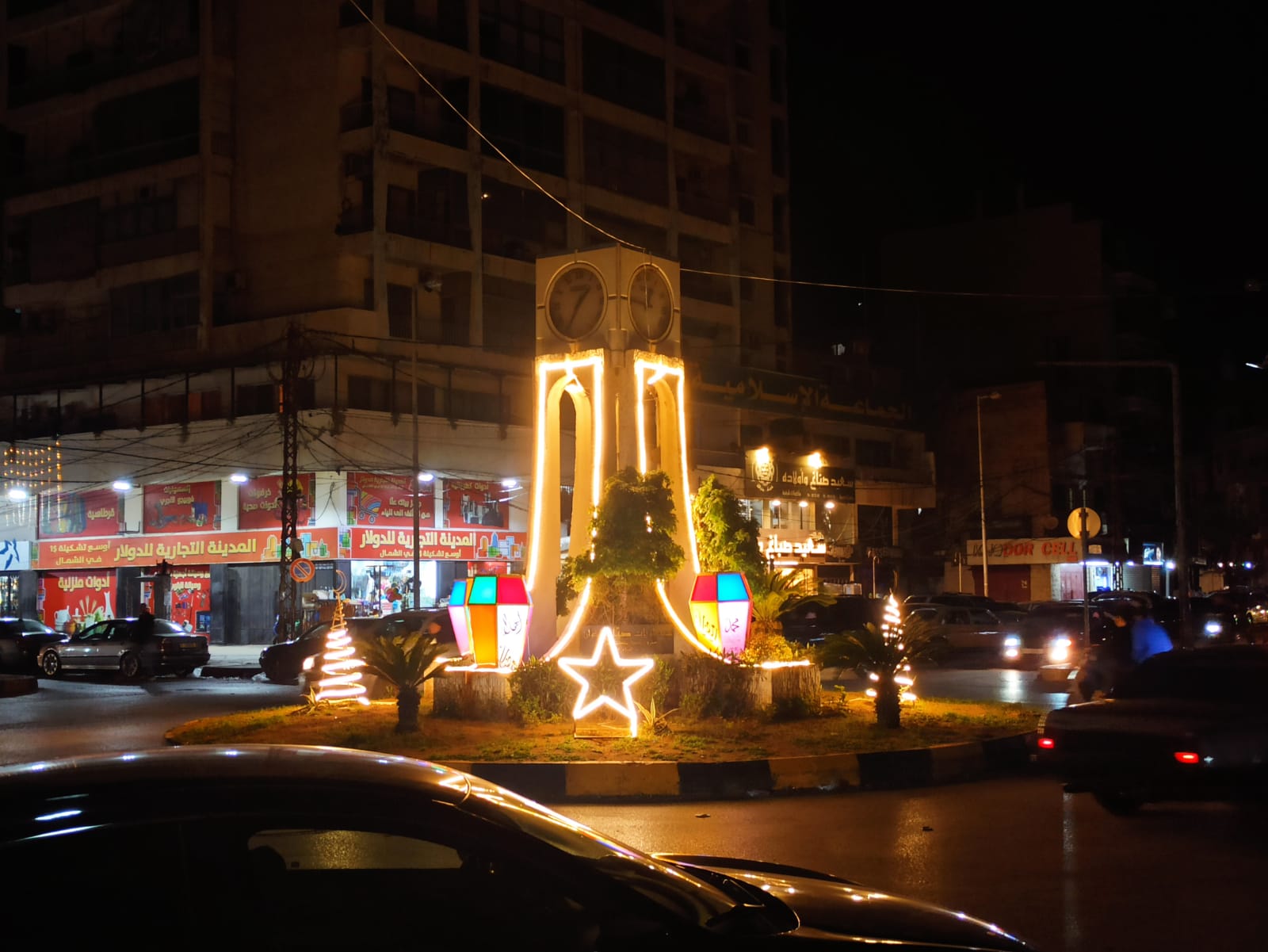I’m back in Lebanon. I am in Tripoli, in the north of the country. In the old home of Doctor Labban, a well-known Tripoli doctor who treated local patients for free, a group of students and young researchers is waiting for me. Most are Lebanese, from Tripoli and the north of Lebanon, along with a couple of their Syrian colleagues who have been living in the country for years.
Thanks to the tireless work of Obeida Tikriti, a friend and colleague from Tripoli, who has been committed to civil and political activism for years to help the social development of the city and region, I have been invited to lead a two-day workshop for my young fellow researchers. They are working in social sciences and other fields.
The focus is on collecting qualitative primary sources in areas with high social vulnerability and economic pressures. We pay special attention to forced migration from northern Lebanon to Italy. This helps us understand the local complexities and power dynamics.
The participants have huge potential and abilities. They are convinced of the need not to leave this suffering land. Instead, they want to contribute to its gradual transformation from within. This is based on the principles of citizenship, equal rights, and inclusion.
Obeida and a partner have turned the Labban residence into an unmatched hotel in Mina and all of Tripoli: Beit Nassim. The local stone has been kept in its shape and keeps the warm comfort of a cool home. It’s a refuge for the weary traveler, dusted from walks in nearby Akkar and the noise of the nearby souq – once one of the busiest markets in the Middle East, after those in Aleppo and Damascus.
There are no TVs in the rooms at Beit Nassim. And the internet connection is often missing. The furniture, simple but essential, is the original, renovated to serve even today.

In the large room of Beit Nassim, I introduce the general and specific themes of the workshop. It’s necessary to “clean up” around us and start again from the basics of research methodology. We talk about the importance of space and time. We emphasize the overlap of time and space scales. We highlight the continuous interaction between different social, economic, political, cultural, military, and religious factors.
And so begins a journey from the micro to the macro. We analyze the local complexity connected to regional and global complexities. We focus on the role of intermediary figures in institutional and non-institutional areas. They manage the system of resource extraction and service distribution.
This is where the power lies. Not in the hands of an authoritarian leader, a party head, or a religious leader. Not even on the seats of a parliament or the table of a government council. It’s a dynamic and articulated power. It flexibly adapts to the contingencies and needs of the actors. They are constantly negotiating among themselves, between resilience and vulnerability, in a balance in which we are all involved.
Even the communities described as disenfranchised, passive, aid recipients, below the poverty line, are active agents in negotiating for varying portions of power. Even we, members of a civil society that often likes to describe itself as free from political games, are part of the dominant political ecosystem.
So, we need to go back to the field, to the alleys and squares of the city, to its suburban and rural extensions. We need to understand how the converging and diverging dynamics work between actors, now subaltern, now dominant, but present – just like ourselves – in the power arena.
The workshop continues with collective reflection and debate on the challenges faced by three local young researchers during the initial phase of primary source collection last summer. This was in Tripoli and all over northern Lebanon, around the theme of forced migration. From here, I tried to guide the discussion, offering tips and directions. These are not conclusive or definitive on how to tackle certain challenges. Without predefined models, without templates to fill out slavishly.
Uncertainty is our sea. The ability to formulate research questions and to continuously review our assumptions is our boat to survive the storm.
